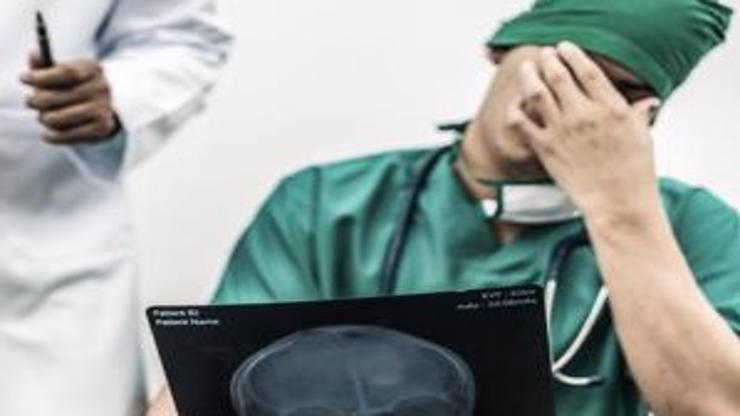When you suffer injuries due to poor treatment received at a hospital, it is possible for you to seek damages through a medical malpractice claim. When filing such a claim, you may be unsure who to hold liable in the claim. After all, the negligence itself may be committed by a nurse, a doctor, or another staff member. Here is a look at when a hospital is liable, and when it is possible to hold a non-employee doctor liable for the injury.
Distinguishing Between Hospital Employees and Non-Employees
When it comes to medical malpractice claims, it is important to distinguish between hospital personnel who are employees and those that aren’t employees.
When a person is a direct employee of a hospital, the hospital can be held liable for their actions. This applies only when that person commits an act of negligence while on duty and as a part of their job. This means that any mistakes committed by the nurses and other support staff at a hospital can be charted to the hospital’s account. In such a case, any claim initiated due to such a mistake will name the hospital as the liable party.
Most doctors working at a hospital are also employees. This means that any negligence that the hospital will be held accountable for any negligence committed by them.
However, hospitals also often have a number of non-employee personnel. These are typically known as ‘independent contractors.’ Many doctors who visit a hospital for limited hours fall into this category. When a non-employee commits negligence which results in your injury, the medical malpractice claim can’t be brought against the hospital. In such a case, the claim will be filed against the negligent person, whether it’s a doctor, technician, or another staff member.
In general, a hospital can be legally regarded as the employee of a doctor if the hospital can dictate the fees, work hours, and other related details of the doctor’s work.
When Can the Hospital be Sued for Non-Employee Negligence?
In order to be safe from any claims arising out of the negligence of a non-employee doctor, the hospital must make it clear that the doctor is not a hospital employee. This clarification is usually provided by hospitals in the admission forms. When such clarification is not explicitly made, and the non-employee doctor commits negligence, it may be possible to hold the hospital legally liable.
Similarly, a hospital will be liable when negligence is committed by an incompetent doctor, even if the doctor is a non-employee. For instance, if a doctor has a drinking problem and the hospital management knows about it or should have known about it, the medical malpractice claim will be filed against the hospital. This is because the hospital is also guilty of negligence in its failure to ensure the competence of its medical experts.
Suing a Non-Employee Doctor
Non-employee doctors, or on-contract doctors, often constitute a significant part of a hospital’s team of specialists. Given their non-employee status, it is not possible to sue the hospital in case of negligence as noted above. However, you can sue the doctor for acts of negligence committed by the doctor.
If the negligence is committed by a nurse, technician, or another member of the support staff, the supervising doctor can be held liable. This applies even when the staff member is a hospital employee. If the doctor supervising is a non-employee, the claim will be brought against the doctor. It must, however, be shown that the doctor was supervising at the time the negligence occurred.
This is typically proved if it can be shown that the doctor was present at the time of negligence, or that the doctor had sufficient opportunity to prevent the negligence from occurring.
Medical Malpractice Damages Cap
Most states have caps in place which limit the maximum amount of damages that can be sought in a medical malpractice lawsuit. Georgia also has damages caps which apply only to the non-economic damages in a malpractice claim. Non-economic damages refer to damages recoverable in lieu of pain and suffering, anguish, depression, anxiety, loss of enjoyment, as well as other mental and emotional forms of losses.
For non-economic damages, Georgia has a cap of $350,000 per hospital, or $700,000 in total if more than one facility is held liable. However, some recent decisions in the Georgia Supreme Court have put a question mark on the constitutionality of these caps.
Hiring a Reliable Atlanta Personal Injury Lawyer
If you have suffered injuries due to negligence during treatment at a hospital, you may be able to recover suitable compensatory damages. Here at Ted Greve & Associates, we help you determine who to hold liable in a claim and how to prove the negligence involved. Our aim is to get you the fair and maximum amount of compensation for your losses. Reach out to us today to discuss your claim and start the process towards recovering compensation.


